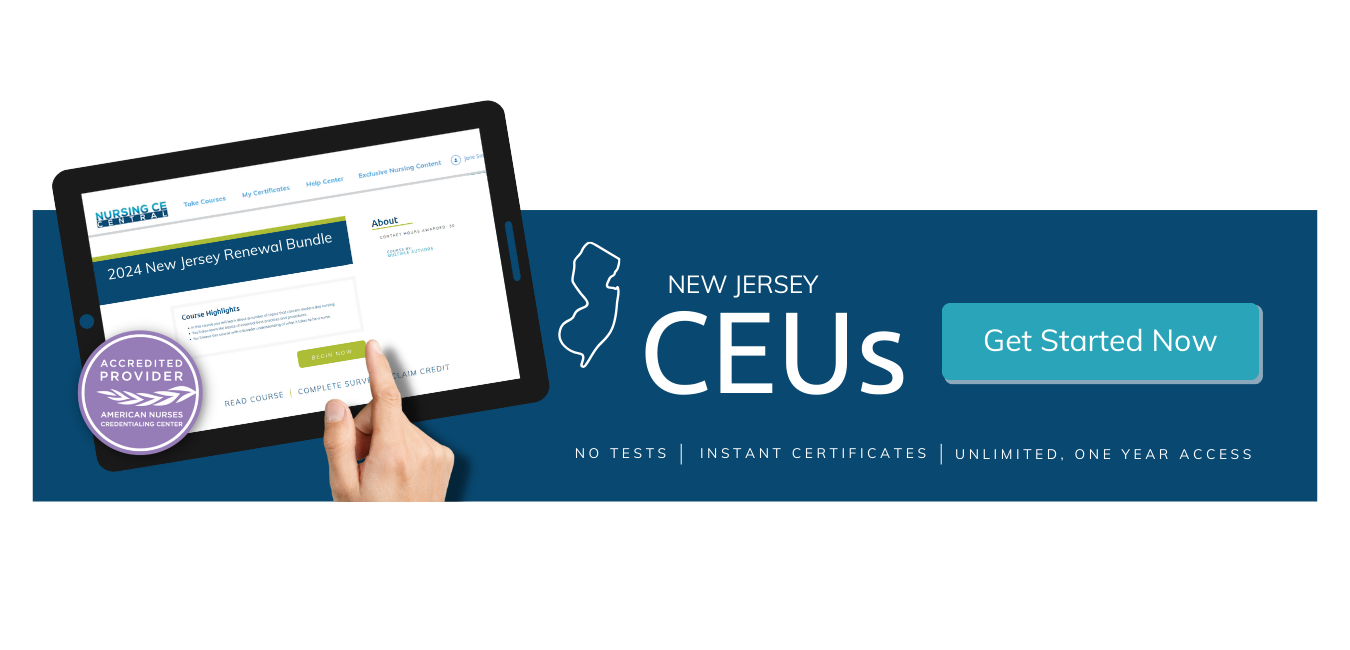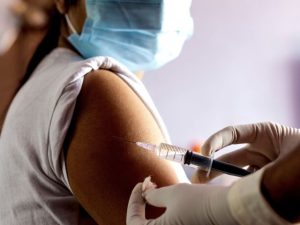Nurses Assisting with Vaccine Fatigue
While many nurses are dealing with the effects of vaccine fatigue themselves, it is important that they fully understand how to help others maneuver through the weariness of it as well. Education and communication are two extremely important key factors that must be taught and verbalized to a community of people who have many questions, concerns, fears, and hesitancies.
It is also important for the nurses to examine all options that may be offered to individuals – inhalable vaccines for those that have an extreme fear of needles, edible vaccines for children, and skin-based immunizations that may hold more promise in easing people’s vaccine fatigue.
Nurses and healthcare personnel must understand that both vaccine burden and burnout can catalyze the choice to vaccinate or remain unvaccinated and can be both psychological and physical in nature.
When considering these issues, it is important for government health officials to understand and be more mindful about the impact of how vaccine communications are designed, developed, and deployed.
Many individuals struggle with validity and placing their trust in the mechanism of how vaccines are made along with the time frames in which vaccines are tested.
Even though nurses cannot and should not command that an individual receive a vaccine, medication, surgical procedure, or other medical procedure without consent, open honest communication in situations to pertaining to vaccine fatigue can go far in assisting the individual to make the best choices for him/herself.









